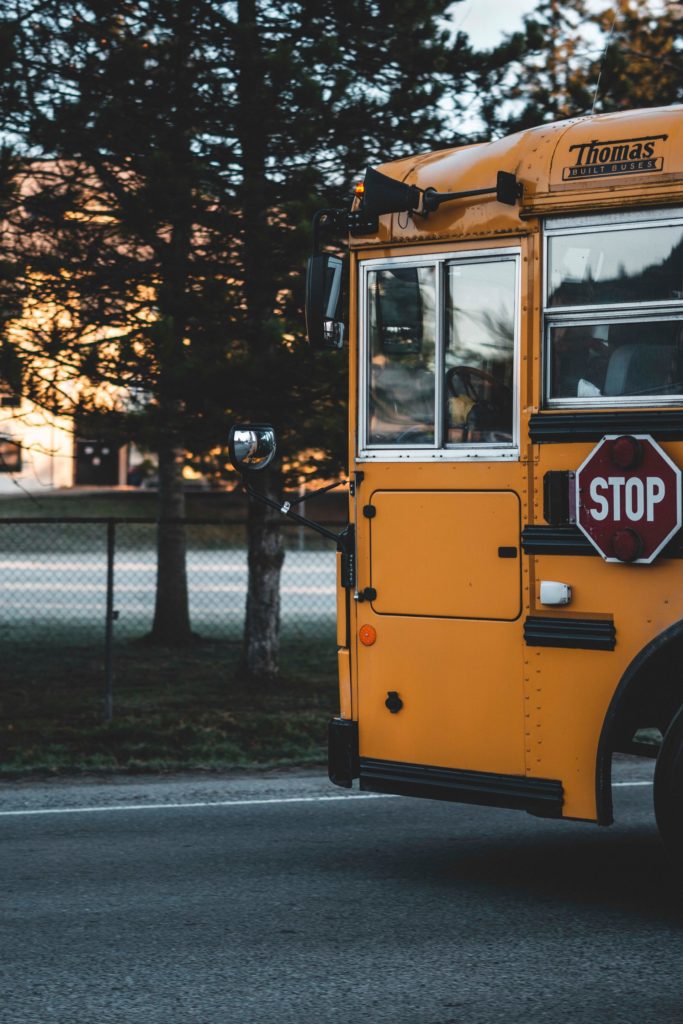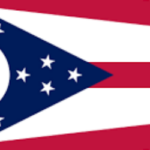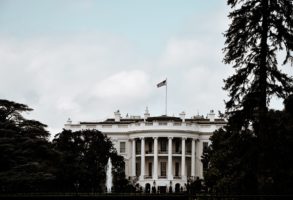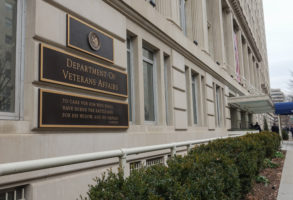
Published October 1, 2021
Editor’s Note: The article below is included in the forthcoming fall 2021 edition of the Newman Society’s Our Catholic Mission magazine. Mary Rice Hasson, JD, and Theresa Farnan, PhD, are authors of Get Out Now: Why You Should Pull Your Child from Public School Before It’s Too Late. Hasson is the Kate O’Beirne Fellow in Catholic Studies at the Ethics and Public Policy Center in Washington, D.C., and director of the Catholic Women’s Forum. Farnan is a founding member of the Person and Identity Project and has taught at Franciscan University of Steubenville and two seminaries. Both have been leading Catholic voices on education, gender ideology and other issues.
Laura Morris, a public-school teacher in Loudoun County, Va., was excited about returning to a classroom of “amazing” 5th grade students this fall. Instead, in August she quit her job.
In a short, heart-wrenching speech before the county school board that was shared on social media, Morris explained why: the school district’s “transgender” policies and “equity” trainings promote “political ideologies that do not square with who I am as a believer in Christ.” Her final words—before the school board silenced her microphone—urged “all parents and staff in this county to flood the private schools.”
In other words, leave public schools. Catholics should listen well.
A good education forms the whole person: intellectual, emotional, moral and spiritual. But today’s public schools promote a curriculum that is radically antagonistic to Judeo-Christian morality and anthropology. Public schools of past generations were not perfect, but they incorporated an implicitly Judeo-Christian moral viewpoint and vision of the person (anthropology). No more.
Current public-school curricula and programs view the person through the lenses of atheism and materialism, often distorted even further by gender ideology. As a result, Catholic children in public school must navigate a school culture hostile to “ foundational Catholic beliefs. They face pressure from peers, teachers and administrators to use wrong sex pronouns that affirm a classmate’s “gender identity” and to pretend “everything’s normal” when a male student who identifies as a “girl,” for example, undresses in the female locker room. LGBTQ-inclusive sex education programs break down modesty and function as “how to” instructions for children too young to understand or even legally consent to sexual activity.
At the same time, the militantly secular atmosphere within public schools sends the message to Catholic students that their religion has no place in the public square and that they should be ashamed of Catholic moral teachings, which are painted as intolerant and hateful. The Church’s beliefs about marriage and gender are described as bigoted, “transphobic,” and a form of “cis-heteronormative” oppression. The schools exalt the individual as “self-creator” and define fulfillment in terms of pleasure and self-gratification.
The impact is predictable. The Center for Applied Research in the Apostolate reported in 2015 that weekly Mass attendance was only five percent among millennials who attended non-Catholic schools.
Unless we take seriously, right now, the need to give every Catholic child a Catholic education, our churches will be nearly empty of young people before the decade is over. And our nation will suffer as well. Eight years ago, only about one in 10 Catholic children attended Catholic schools. Today Hispanic families account for the majority of Catholic children, yet more than 95 percent of them enroll in public schools.
This really is a watershed moment. Public school parents are shocked at the prospect of daughters changing for gym in the presence of male (“transgender”) students, angered by the erosion of athletic opportunities for their daughters, and troubled that teachers encourage impressionable kindergarteners and vulnerable teens to “explore” alternative “gender identities.” They are alarmed over school policies that intentionally keep them in the dark about their own child’s “gender” confusion and frustrated that they are unable to shield their children from school curricula or programs that will undermine their child’s faith. Remote learning during the COVID lockdowns gave many parents an unvarnished look at their children’s daily lessons and the “woke” indoctrination embedded within.
Many parents today are rightly questioning whether public schools are the right choice for their children. There is no better time for Catholic dioceses to explain why a Catholic education—whether at home or in hybrid, classical, or parish schools—is not only a good option but the best option. The Church must do three things at once:
- educate parents about the ideological capture of public education and the very real threats that gender ideology and “wokeness” pose to their children’s faith and psychological stability;
- convey the vision of Catholic education (broadly speaking), which offers unparalleled benefits for faith, character-building and educational excellence; and
- work alongside parents and the larger Catholic community to ensure that financial costs will never prevent a Catholic child from receiving a Catholic education, not only by reducing costs in parochial schools but also by promoting less costly options.
These steps require a radical shift in mindset not only among parents but also among priests and diocesan personnel, who have long regarded public education as a lesser but benign alternative. Perhaps that was true in the past; it is not true today.
It is critical for diocesan bishops to assess each pastor’s commitment to Catholic education, in all forms. A priest who thinks Catholic education is unimportant, or who discounts homeschooling as a means of Catholic education, would seem to be a poor fit for a parish with many young families or a parish school. On the other hand, a bishop or pastor who is committed to ensuring a strong Catholic identity in diocesan schools, willing to listen to parents’ insights and be open to new educational models, and motivated to reach out to Catholic Hispanic families, whose children represent the future of the Church, will see the Church flourish in spite of the challenging culture.
Now, more than ever, Catholic parents, clergy, parishes and philanthropists need to prioritize Catholic education. Like Laura Morris, we must be unafraid to say that today’s public schools promote “political ideologies do not square with who [we are] as believer[s] in Christ.” Our children deserve better, and there are no do-overs on childhood. Let’s give our kids the education they need not only for the here and now, but for eternal life.
Copyright © 2021 The Cardinal Newman Society.
Mary Rice Hasson, J.D., is the Kate O’Beirne Senior Fellow at the Ethics and Public Policy Center in Washington, D.C., where she co-founded and directs the Person and Identity Project, an initiative that educates and equips parents and faith-based institutions to promote the truth about the human person and counter gender ideology. An attorney and policy expert, Mary has been a three-time keynote speaker for the Holy See at the United Nations Commission on the Status of Women, on topics related to women, education, and gender ideology. She serves as a consultant to the U.S. Conference of Catholic Bishops’ Committee on Laity, Marriage, Family, Life and Youth. Recently, Mary was honored to receive the Christifideles Laici award at the 2023 National Catholic Prayer Breakfast.












